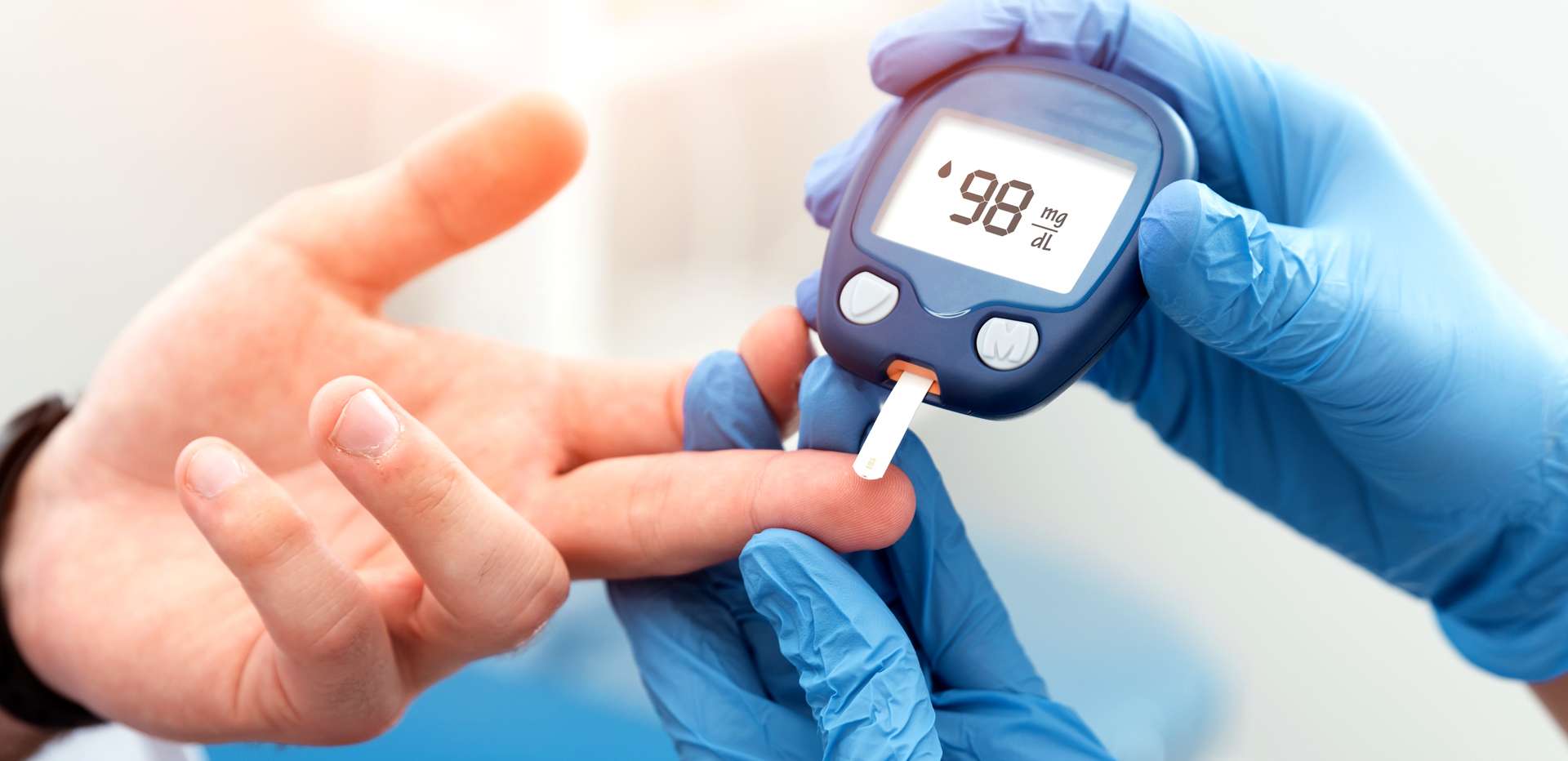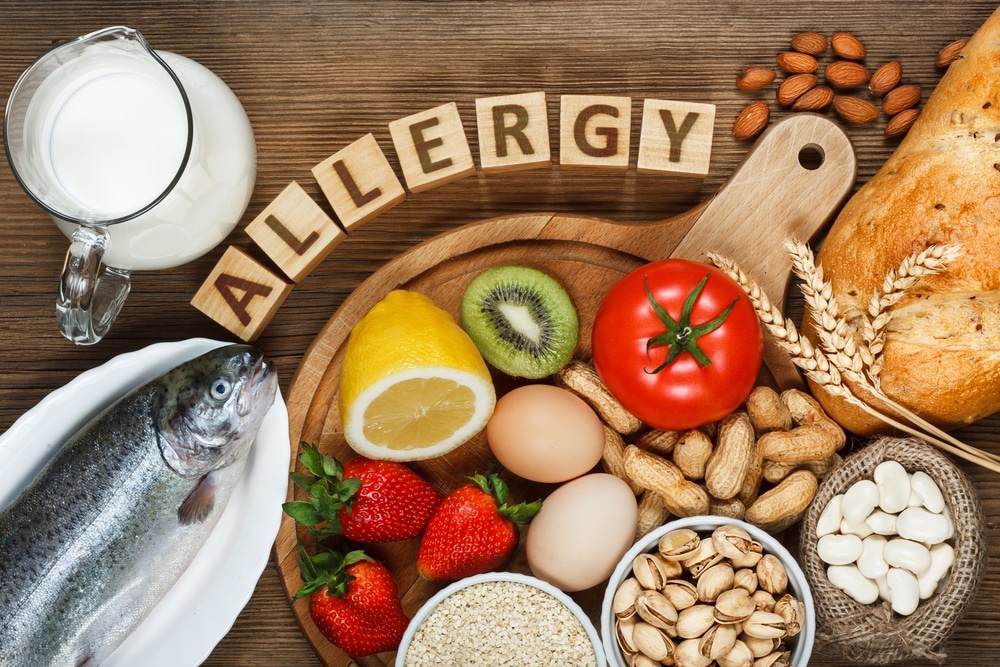If you suffer from food allergies then your doctor or healthcare professional may have advised you to have allergy testing to find out the source of the problem. There are two key issues with food allergy testing, one is the risk of an actual and very adverse allergic reaction depending on the type of test being used (usually the oral food challenge) and the other is difficulties in interpreting a positive result to provide useful information.
What are the most common foods which cause an allergic reaction?
There are certain foods that are most usually suspected of causing an allergic reaction and these include:
- Dairy products – this is one of the most common childhood allergies but over 90% of children will have outgrown it by the age of three
- Eggs – usually the allergic reaction is caused by either the egg white or the egg yolk, some people are not allergic to both
- Nuts – most usually an allergic reaction is caused by tree nuts such as walnuts, almonds, cashews, or brazil nuts. Nut oil is commonly used in many prepared foods available in both supermarkets and restaurants so it can be hard to avoid
- Peanuts – peanuts merit a separate mention as an allergic reaction to peanuts can be very severe and potentially fatal
How serious can an allergic reaction be?
Food allergies are responsible for a variety of symptoms ranging from mild and uncomfortable through to potentially fatal. Some reactions to certain foods like peanuts can be so severe they will be fatal if not treated immediately.
It is important to only undertake allergy testing under the guidance of a qualified healthcare professional particularly the oral food challenge which involves slowly ingesting small quantities of the suspected food. It is essential that medical intervention is available to treat any adverse allergic reaction promptly.
Find out more about food allergies from Touchwood Pharmacy where we can dispense appropriate prescription and over-the-counter medication to combat the symptoms of an allergic reaction and provide advice about the different types of allergy testing including the oral food challenge.


























